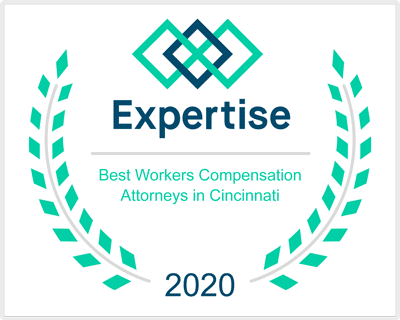Sustaining a job-related injury or developing an occupational illness can be devastating. After all, if you cannot work, you may not be able to provide for yourself and your family. Fortunately, Ohio’s workers’ compensation program provides a means for injured workers to receive lost wages and payment of medical bills. There is a great deal of misinformation about workers’ compensation in the Buckeye State. Here are six common misconceptions about workers’ compensation that you should not believe:
1. You should not tell your employer
Many injured workers are afraid to report an injury or file a workers’ compensation claim for fear of being harassed or terminated by their employer. Although, this is an understandable concern it is important to report any injury to your employer immediately. Failure to timely report an injury is a primary reason employers contest workers’ compensation claims.
2. Your injury does not qualify for coverage
From repetitive stress injuries to severed limbs, there are several different types of workplace injuries. Put simply, it does not matter what type of injury you have. If you injured yourself at work or developed an occupational disease, you are eligible for workers’ compensation benefits.
3. It is too late to file a claim
While you do not have forever to file a worker’s compensation claim, the statute of limitations is quite generous to injured workers. Provided that you make a claim within one year of the date you sustained your on-the-job injury, it is not too late to file.
4. Workers’ compensation attorneys are too expensive
Workers’ compensation law is incredibly complex, and you may be worried about the cost of legal representation. Furthermore, you must deal with your employer, insurance providers, medical professionals, and others. Even worse, you may face mounting medical bills and other costs.
Fortunately, most workers’ compensation attorneys represent clients on a contingency fee basis. This means you will not pay attorney fees unless you receive compensation.
5. You must see your employer’s doctor
The doctor-patient relationship is one of the more important ones in society. As such, you may feel uncomfortable seeing your employer’s physician. As long as you choose a doctor who is certified by the Ohio Bureau of Worker’s Compensation certification, you can treat with the physician of your choice.
6. Permanent-partial disability constitutes a settlement
If a work-related injury leaves you with a permanent impairment, you are entitled to file an application for a permanent partial disability award. This award does not constitute a full and final settlement of your workers’ compensation claim. On the contrary, it will extend the life of your claim.
Get the help your case needs
Even though your workplace injury may temporarily stop you in your tracks, you can improve your situation by cutting through the tremendous amount of misinformation that often surrounds workers’ compensation. Rather than letting misconceptions derail you from taking necessary steps, be sure that you understand your options under Ohio’s workers’ compensation program. A Cincinnati workers’ comp attorney like Mark L. Newman can help.




